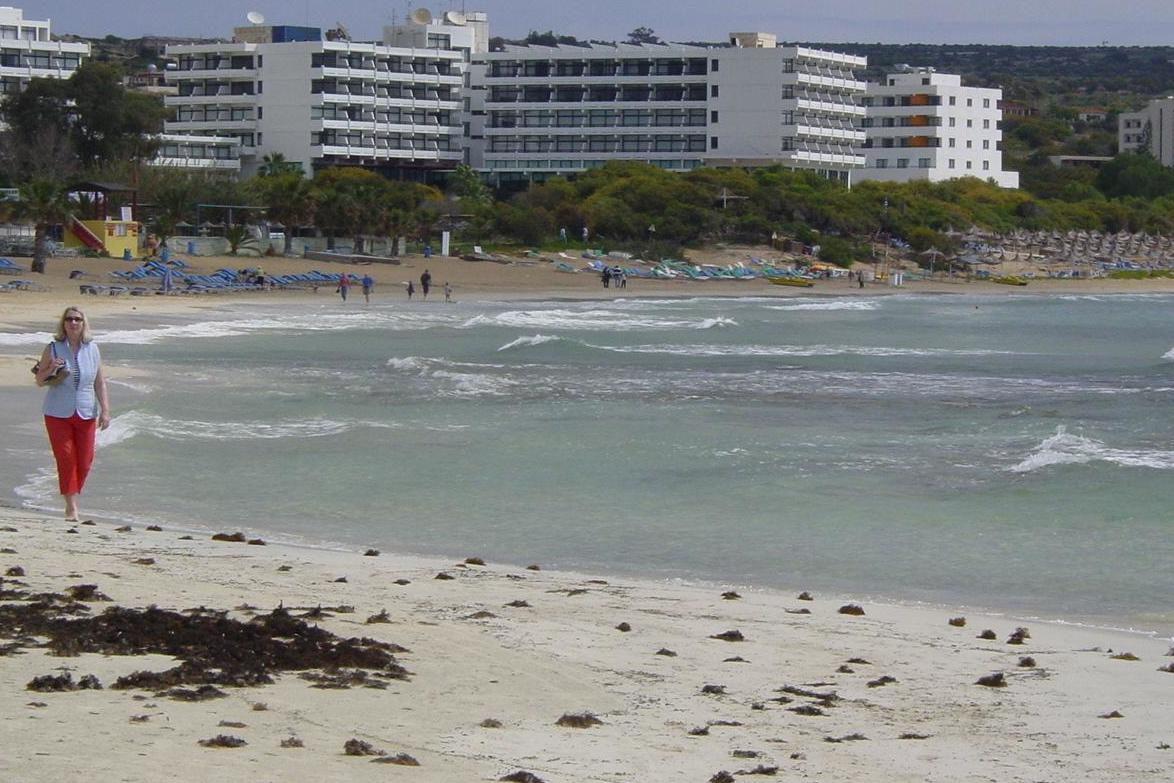Coronavirus: UK holidaymakers face bans from Mediterranean sun spots
‘Sick man of Europe’ image grows as France launches tit-for-tat quarantine from 8 June

British travellers hoping to reach parts of the Mediterranean this summer face new barriers – partly in reaction to the government’s imposition of quarantine, and partly due to the high incidence of coronavirus in the UK.
The French embassy in London has tweeted: “France will reciprocally ask travellers arriving from the UK to go into #quarantine.”
The move follows the announcement that all visitors to the UK from 8 June will be required on arrival to spend 14 days in self-isolation at home.
The home secretary, Priti Patel, said: “We are introducing these new measures now to keep the transmission rate down and prevent a devastating second wave.”
Quarantine does not apply to a list of 39 exempt professions, nor to travellers who route themselves via Ireland to exploit the so-called “Dublin dodge”.
The French embassy said: “All those travelling from the UK, whatever their nationality, will be asked to place themselves in quarantine on their arrival in France, as soon as the quarantine system in the UK comes into force.”
Cyprus has announced the list of nationalities who will be able to return to the Mediterranean island from 9 June. It includes Austria, Germany and Greece, but not the UK.
More countries will join the permitted list from 20 June. They include Switzerland, Poland and the Czech Republic, but not the UK, France, Spain or Italy.
Cyprus has today opened its beaches, and from 1 June museums and archaeological sites will resume operations.
On Thursday, the Greek tourism minister, Harry Theoharis, said Greece will want to see UK infection rates decline before British visitors will be accepted.
“I think that the UK has a big difference in terms of the current medical status of the country with Greece, so I don’t think it’s likely it will be there,” he told ITV.
In an accompanying tweet, the tourism minister wrote: “Always guided by the absolute safety of Greeks and our visitors.”
The European Union’s Aviation Safety Agency (EASA) has included 13 British airports on its watch list of “areas with high risk of transmission of the Covid-19 infection”.
They include Heathrow, Gatwick, Stansted and Manchester, but not Bristol or Edinburgh.
More airports from the UK appear than those from any other country.
Two countries have said they will welcome British visitors. Speaking on the BBC’s Today programme, Raffaele Trombetta, the Italian ambassador to the UK, said: “There is always a large number of British tourists coming to Italy, it’s one of Britain’s preferred destinations.
“We know how much they love Italy. We are still open, welcoming them.” Italy is to open up to tourism on 2 June.
Croatia has announced it is already open for business without restrictions on specific nationalities, providing visitors can show an accommodation reservation on arrival.
No direct flights are currently operating from the UK to Croatia, though connections are available from Heathrow airport via Frankfurt.
But the Foreign Office advises about all but essential travel abroad. Anyone who ignores the warning is likely to find their travel insurance policy is no longer valid.
Join our commenting forum
Join thought-provoking conversations, follow other Independent readers and see their replies
Comments